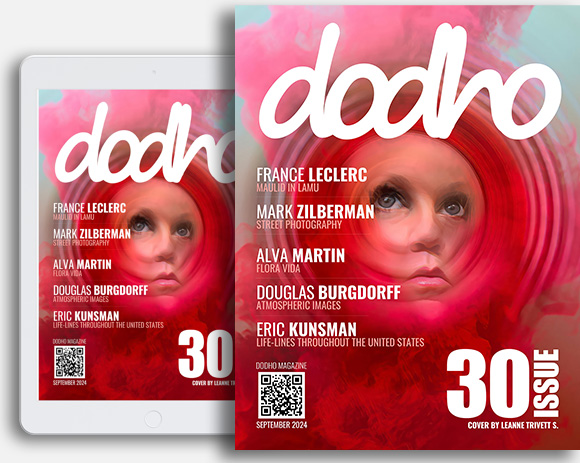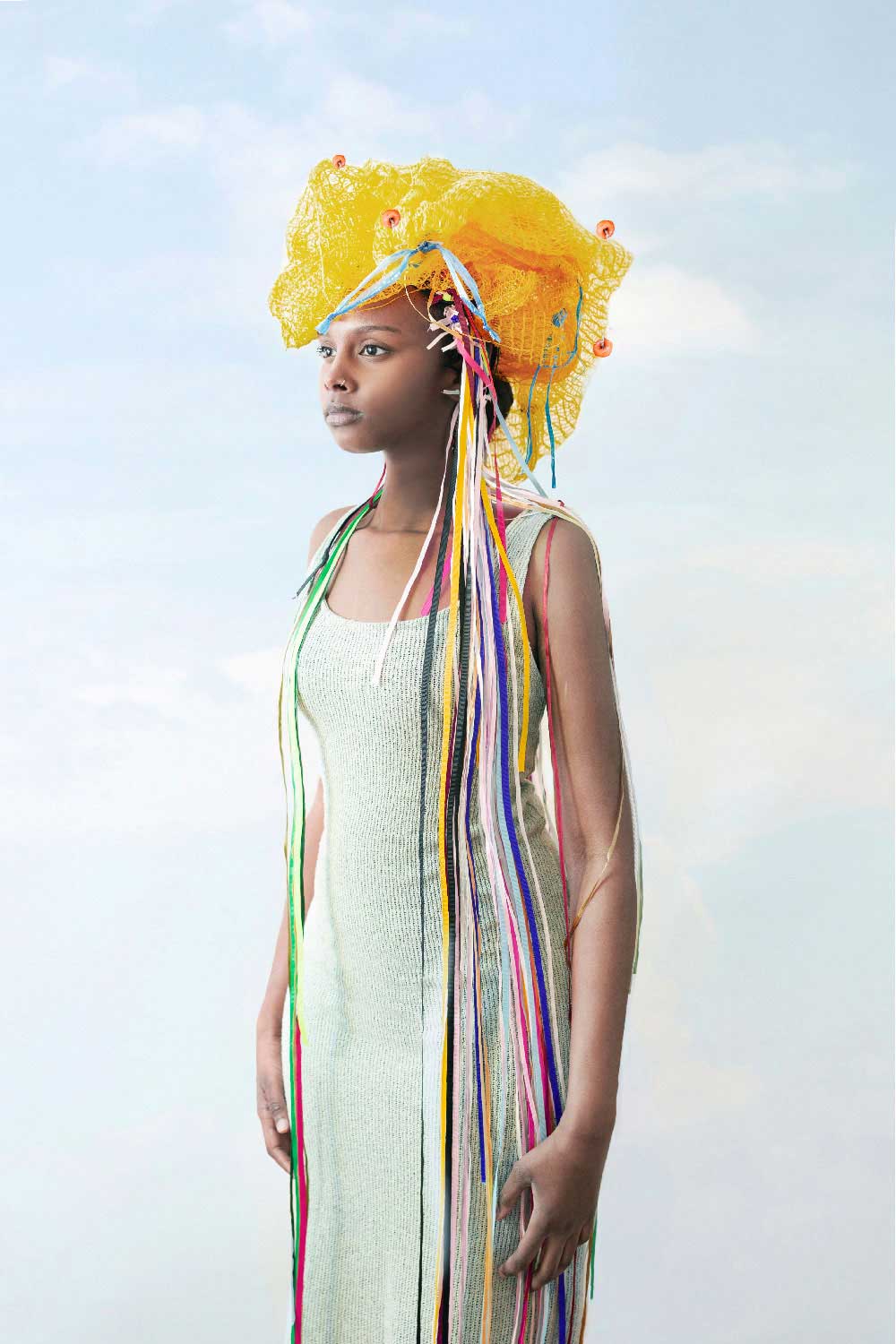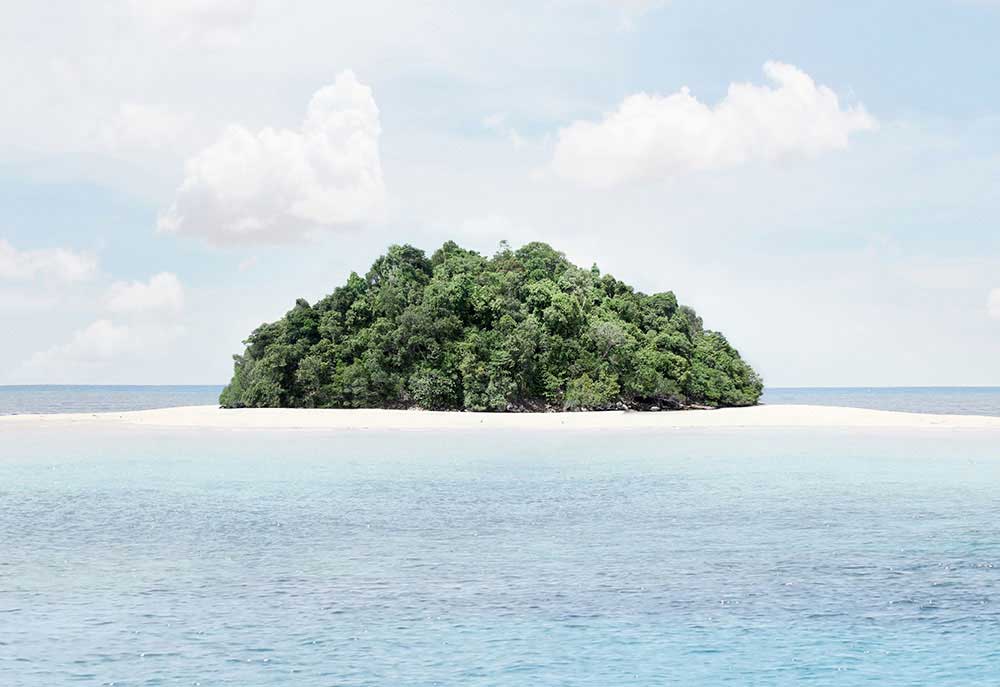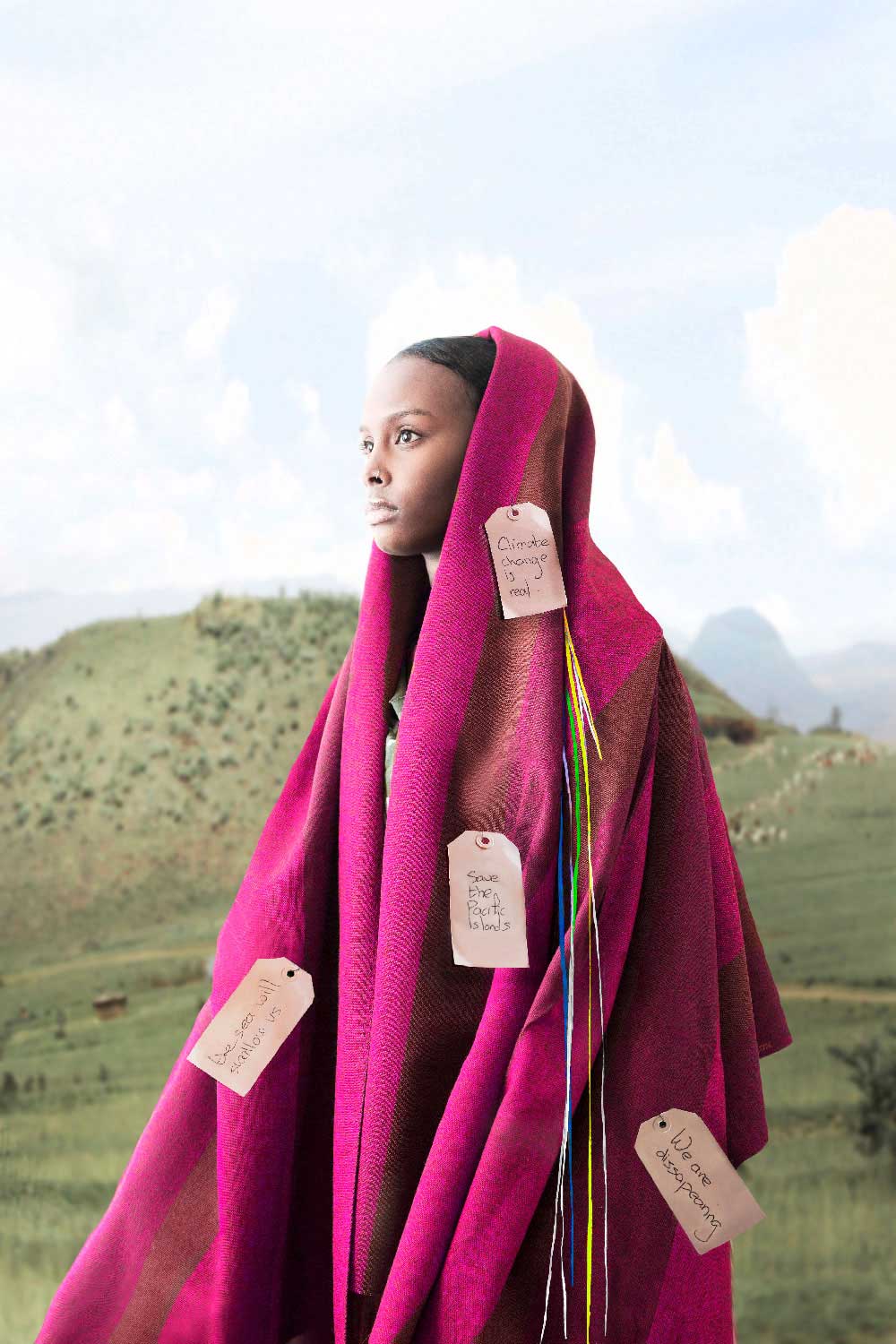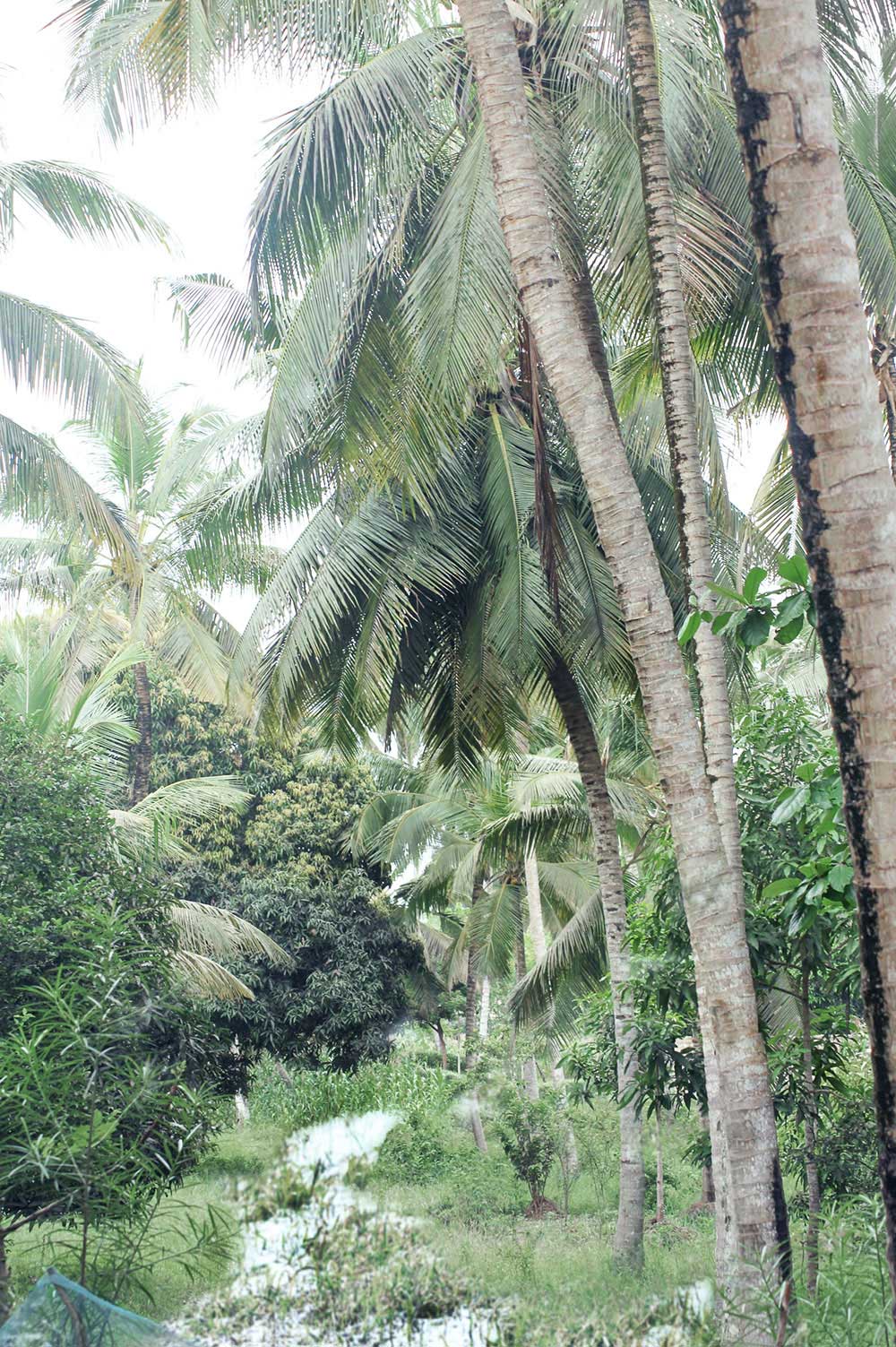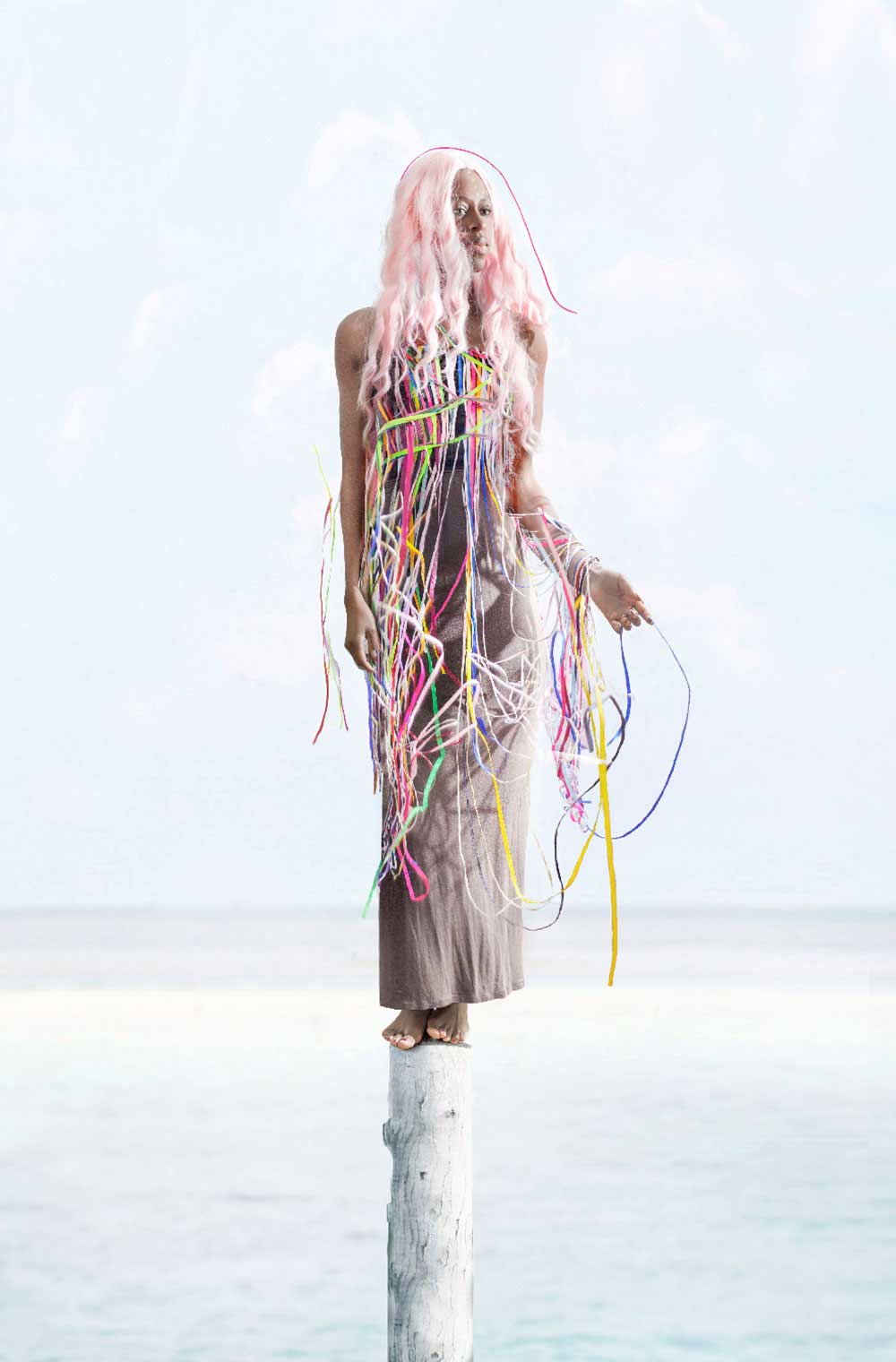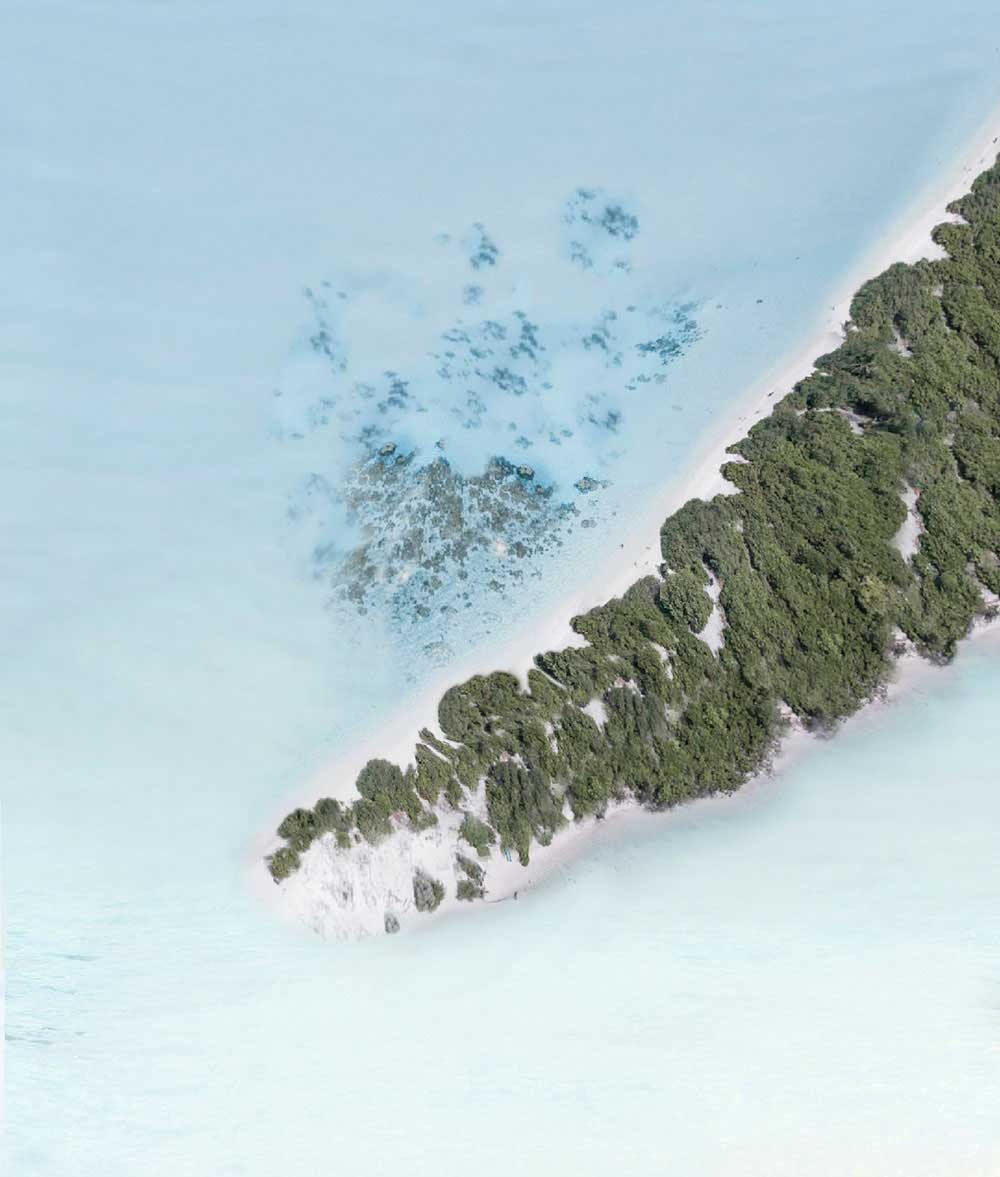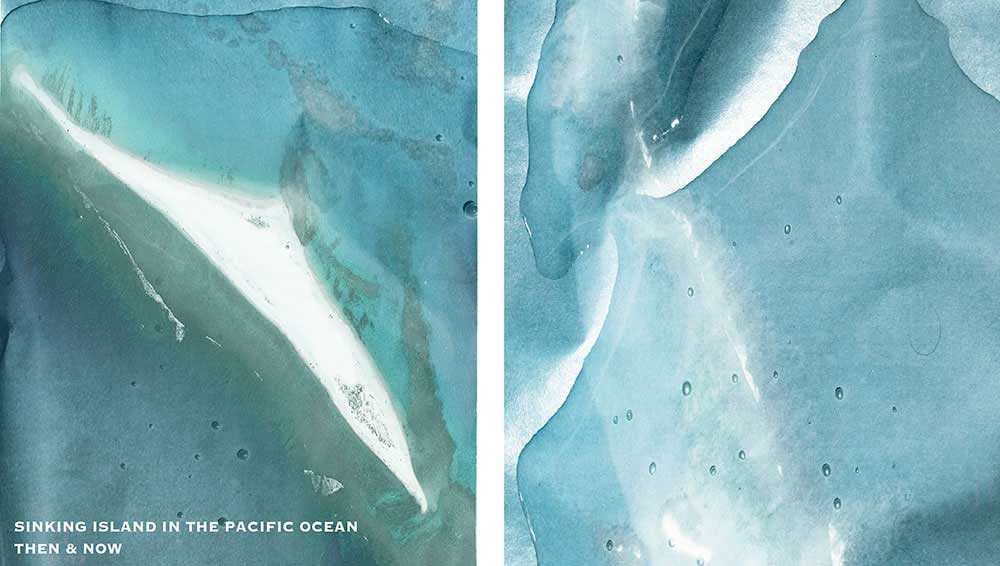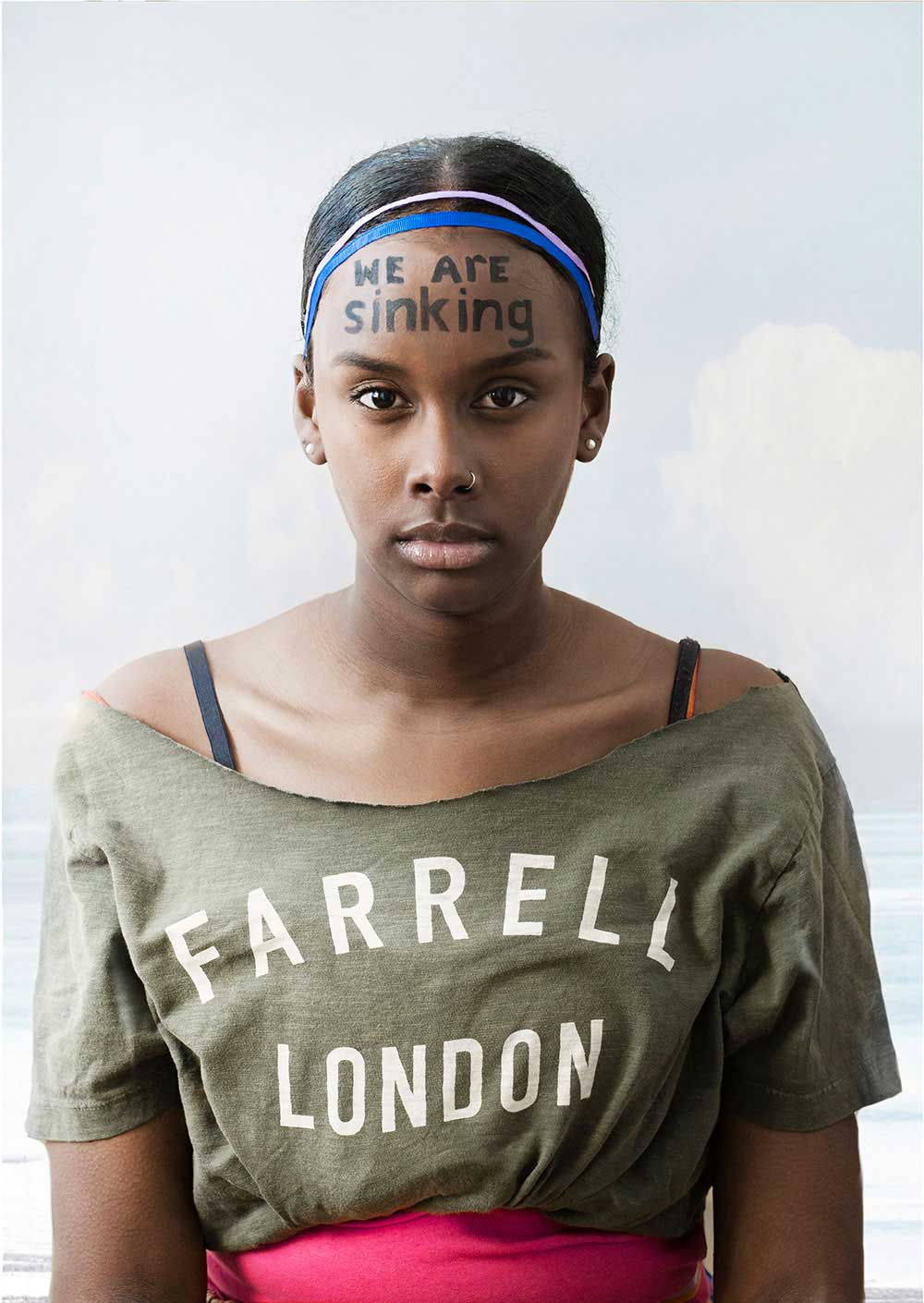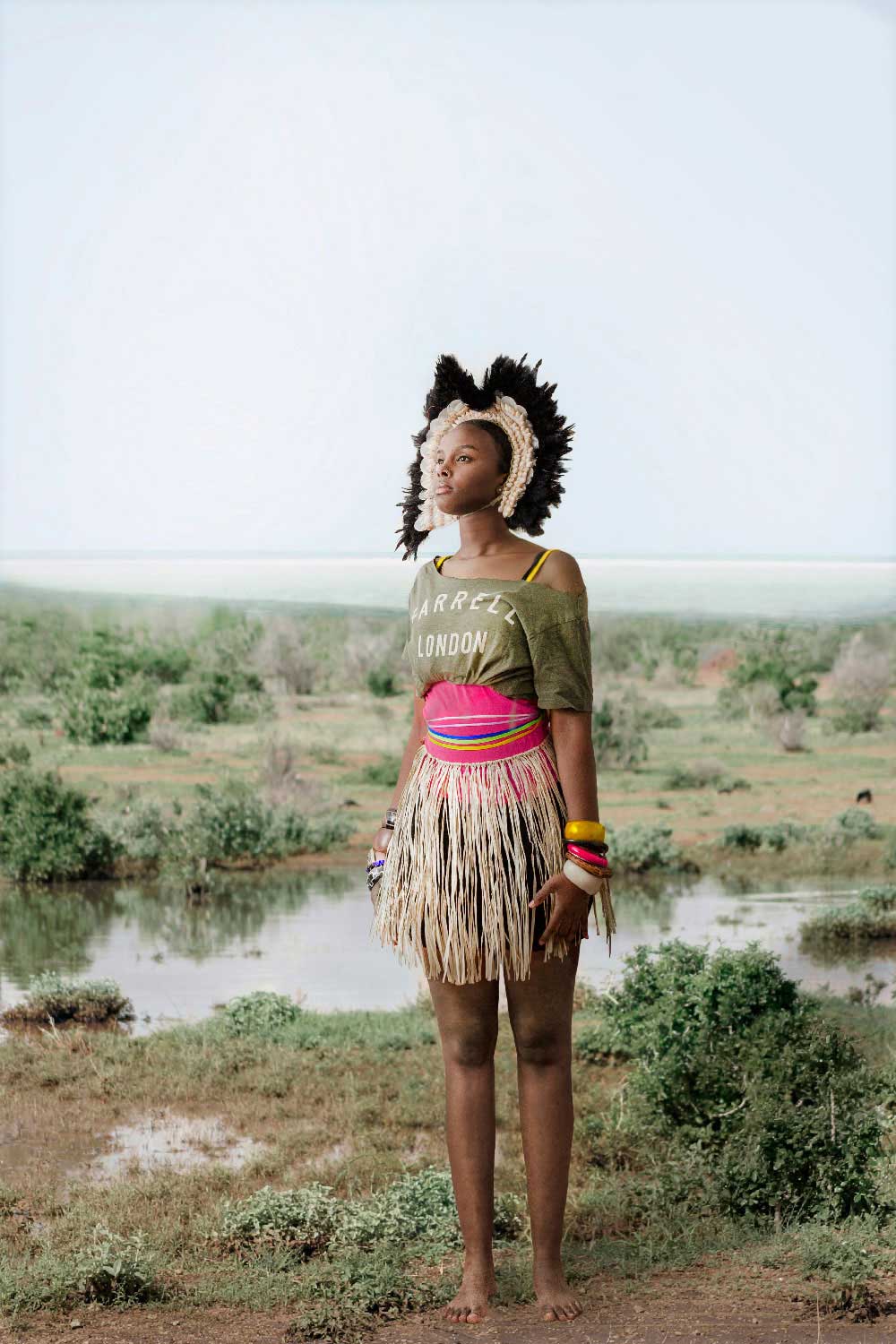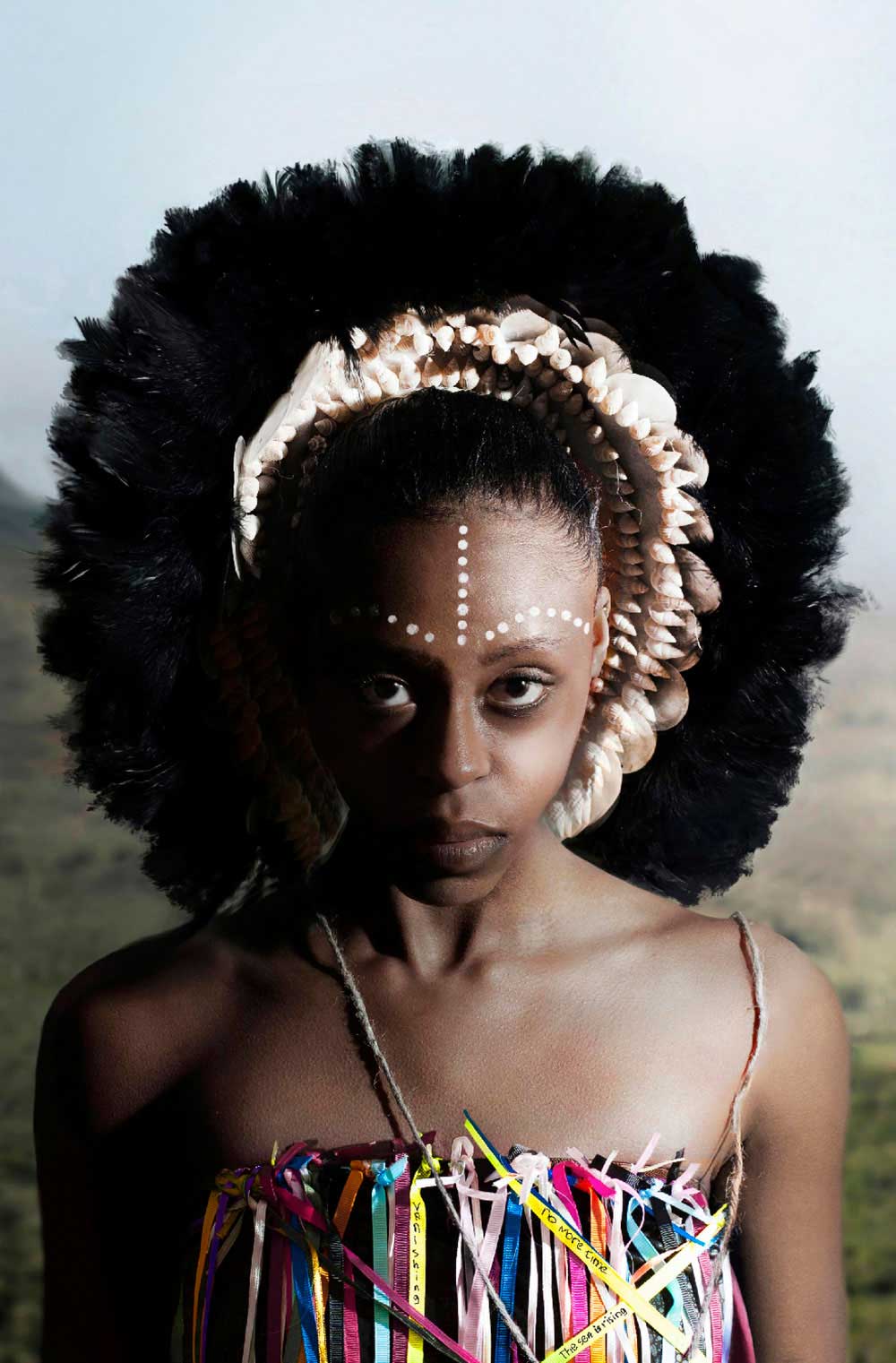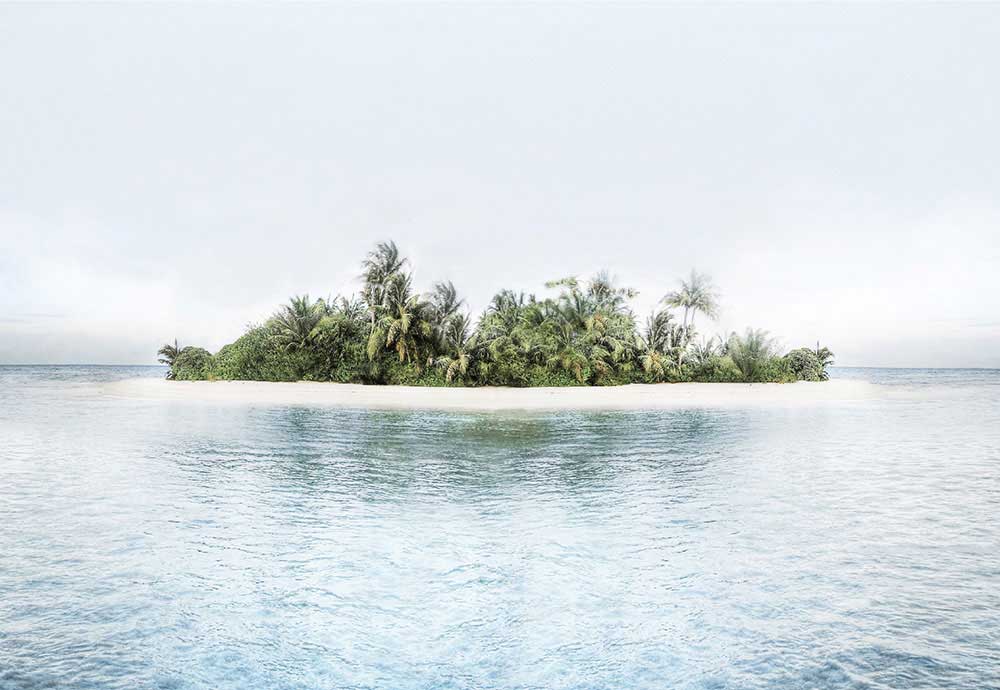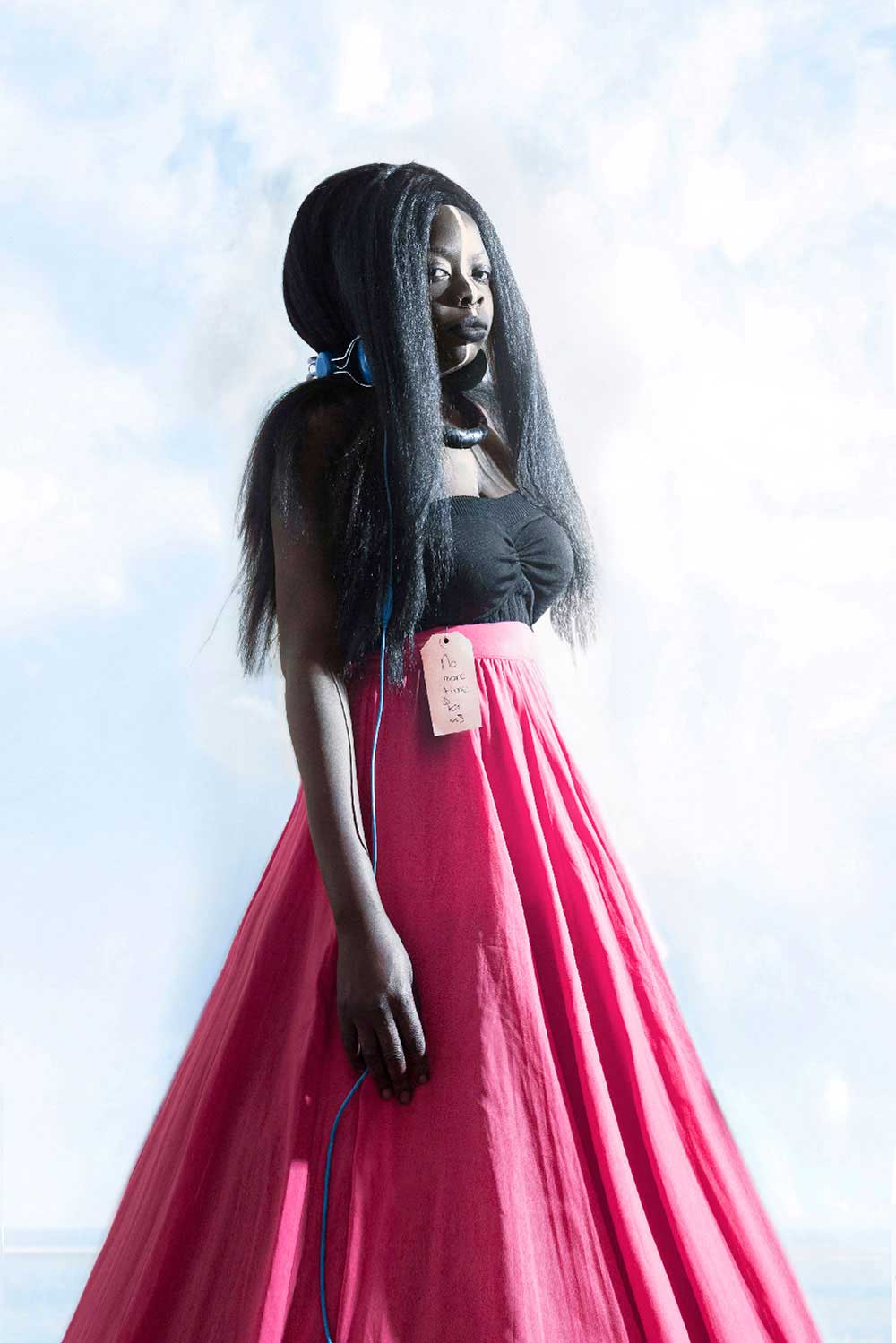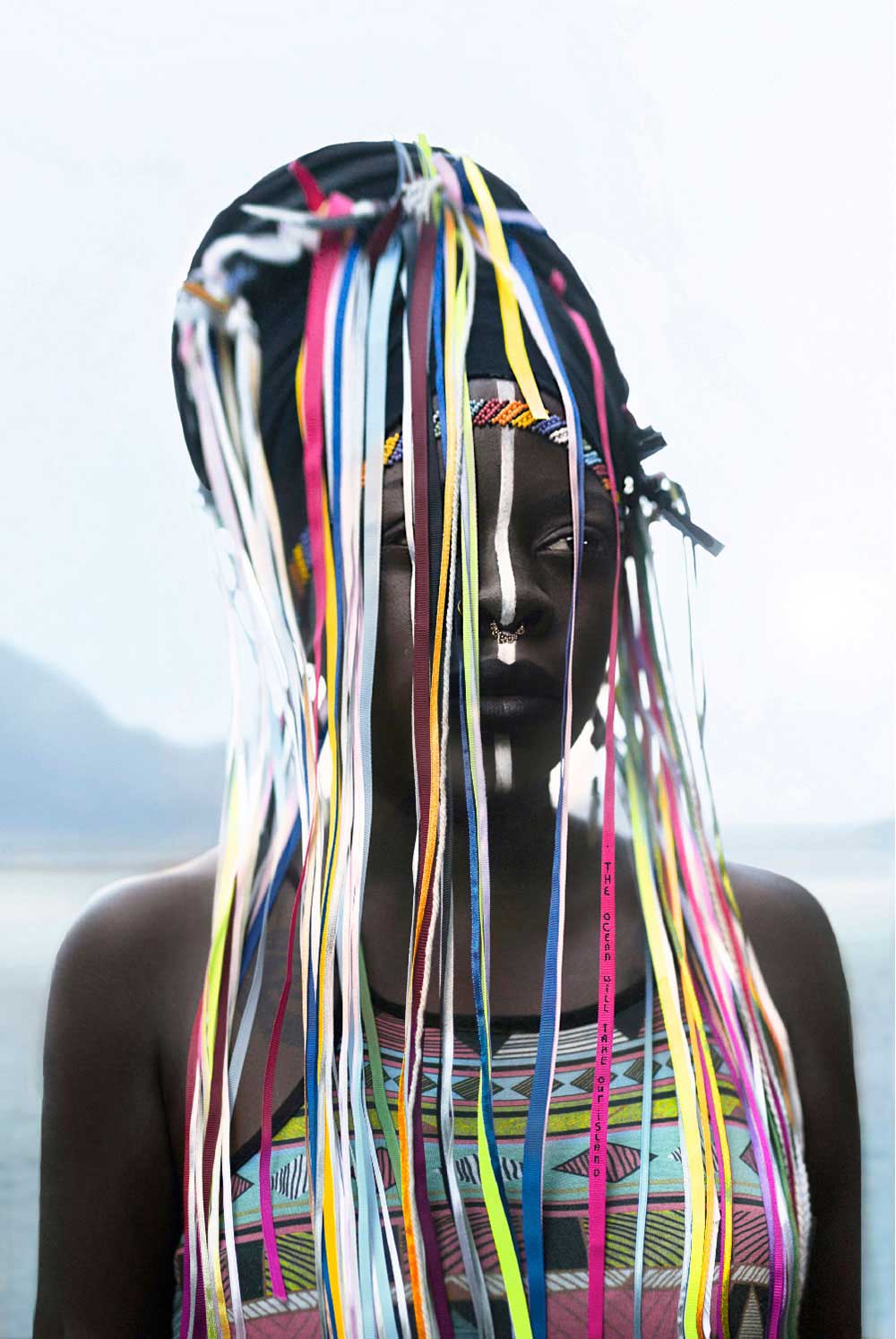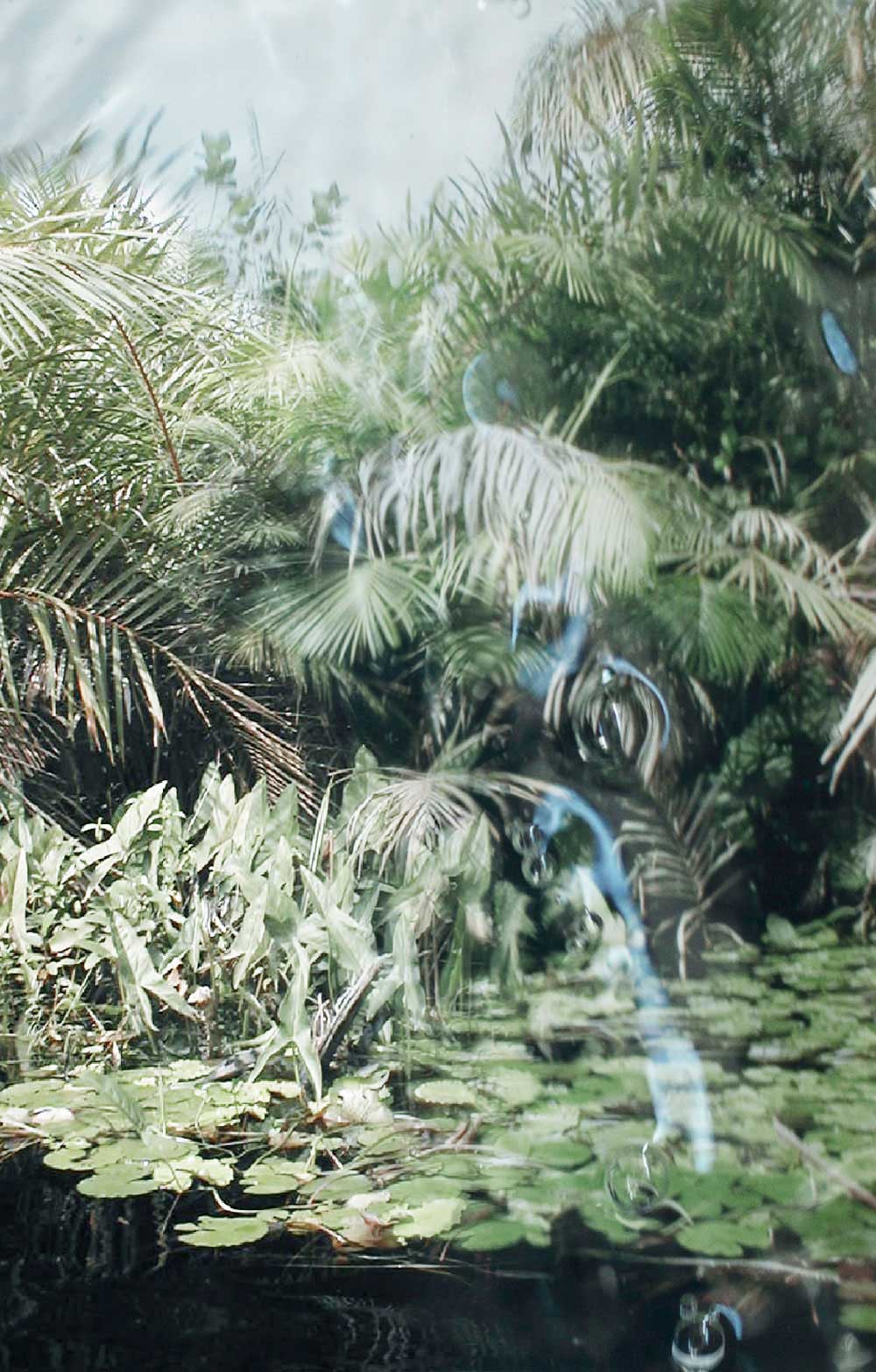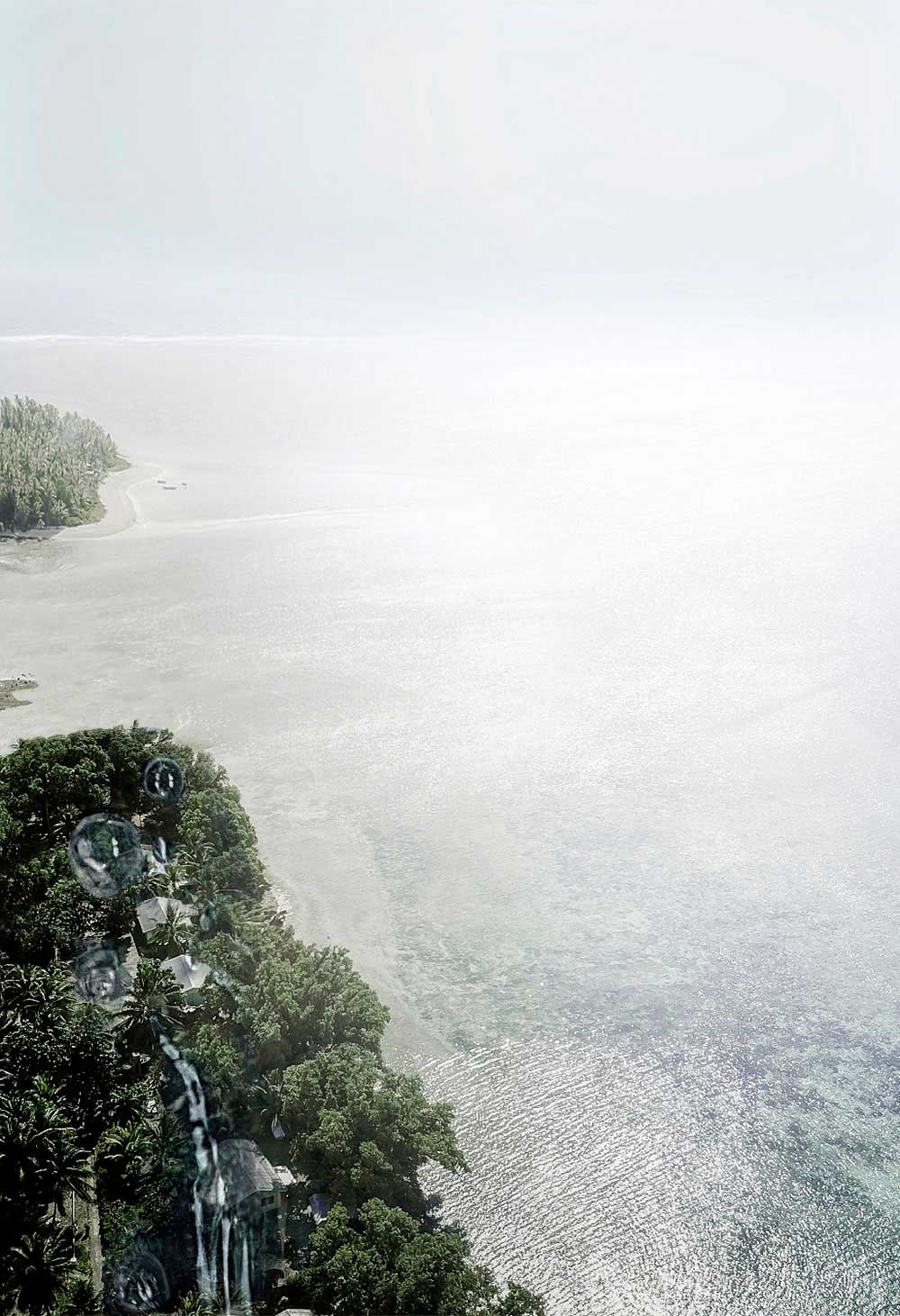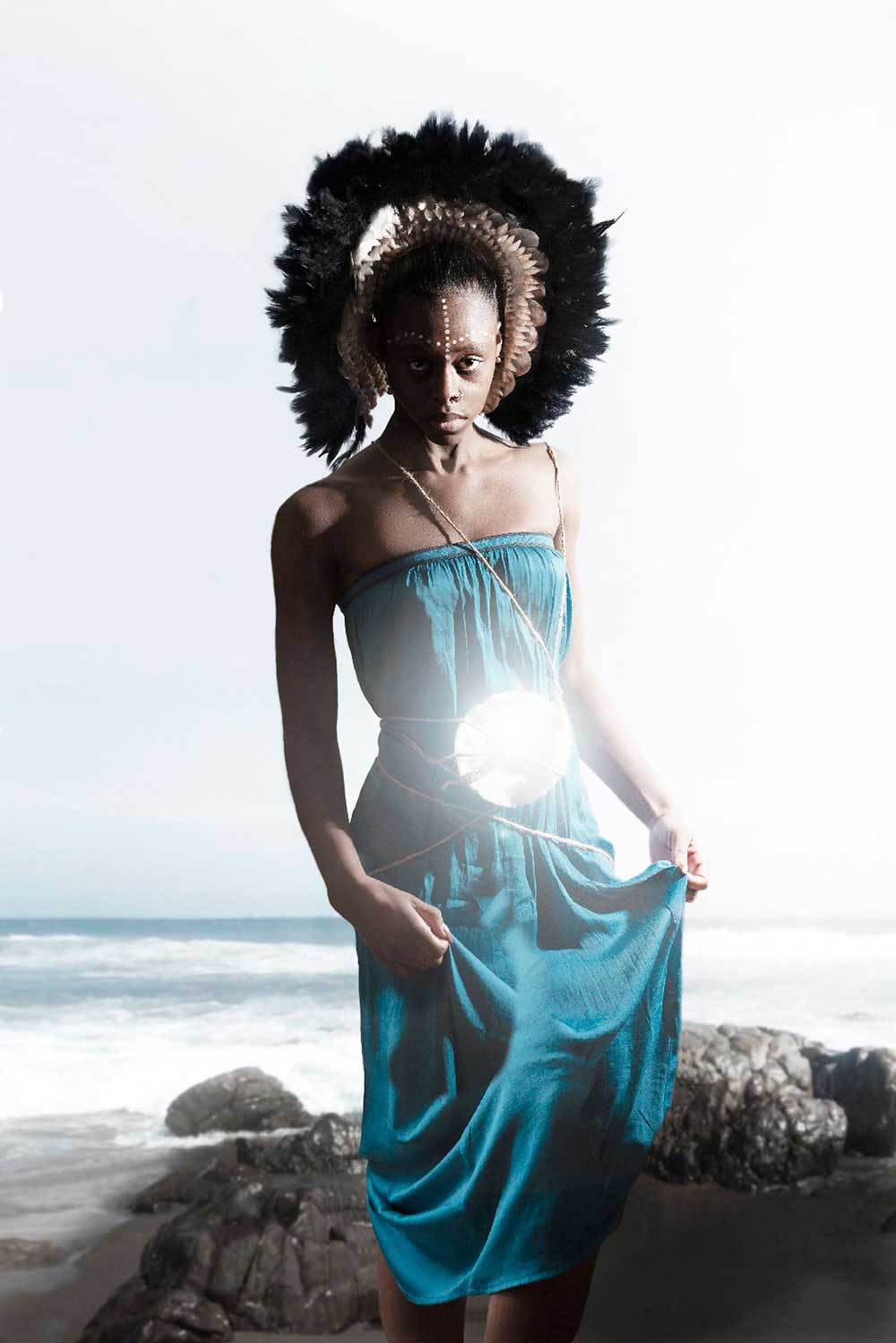Due to colonial neglect and historical isolation, the Pacific Islands, home to the world’s most diverse range of indigenous cultures, continue to sustain many ancestral life-ways.
Fewer than 6.5 million in all, the peoples of Oceania possess a vast repository of cultural traditions and ecological adaptations. Oceania thus has the most to lose, culturally speaking, from the pressures of global political and economic change.
Most Islands in the Pacific Ocean are isolated and very rarely have contact with the outer world. In combination with their ethical beliefs they are isolated from the rest. The paradise islands are laying in the middle of the ocean. Through the years, many islands remained their unique cultures.
Despite diversity, all Pacific societies are small and vulnerable. A typical linguistic group consists of only a few thousand people, for example, can have drastic consequences for cultural survival. Indeed, many cases of “language death” – the disappearance of not only a spoken language, but the cultural memory that goes with it – are on record.
“Tuvalu is sinking” is the local catchall phrase for the effects of climate change on this tiny island archipelago on the frontline of global warming. A Polynesian country situated in Oceania, Tuvalu is no more than a speck in the Pacific ocean, midway between Hawaii and Australia.
Already, two of Tuvalu’s nine islands are on the verge of going under, the government says, swallowed by sea-rise and coastal erosion. Most of the islands sit barely three metres above sea level, and at its narrowest point, Fongafale stretches just 20m across.
Countries such as Tuvalu, Kiribati and the Marshal Islands are already experiencing sea level rise where ocean flooding has washed saltwater onto agricultural lands and inundated sources of drinking water. These low-lying islands do not have forest cover therefore ocean level is rising at a much faster rate.
About Alice de Kruijs
Alice de Kruijs is a fine-art photographer based in The Netherlands. She frequently touches the subject of identity and diversity and aims to go against the standard ideals and showcase stories through culture and different ethnic backgrounds, her work is a celebration of these differences in culture. As her way of life, she loves to conceptually and symbolically tell stories. Usually by showing a different perspective on personal daily life struggles.
Born in 1981 in the east of The Netherlands she grew up in an artistic family. Nevertheless, her true artistic passion in photography started in her late twenties. After graduating from the International Fashion Design and later on from Applied Photography, Design with a specialisation in Fine-art portraits she dedicated her life to conceptual photography. In her early thirties, she gradually moved to fine-art photography in combination with story telling photography.
Her work have been exhibited in different galleries around the world like Menier Gallery London, Gehsucht Gallery Rotterdam, Life Framer gallery in Zurich Switserland and PH21 Gallery Budapest. In 2017 she’s been named New Dutch Photography talent. From 2017 onwards her work has been featured in L’oeil de la Photographie, Dodho Magazine, Lenscuture, PHMuseum, Burm Magazine and so forth. [Official Website]


